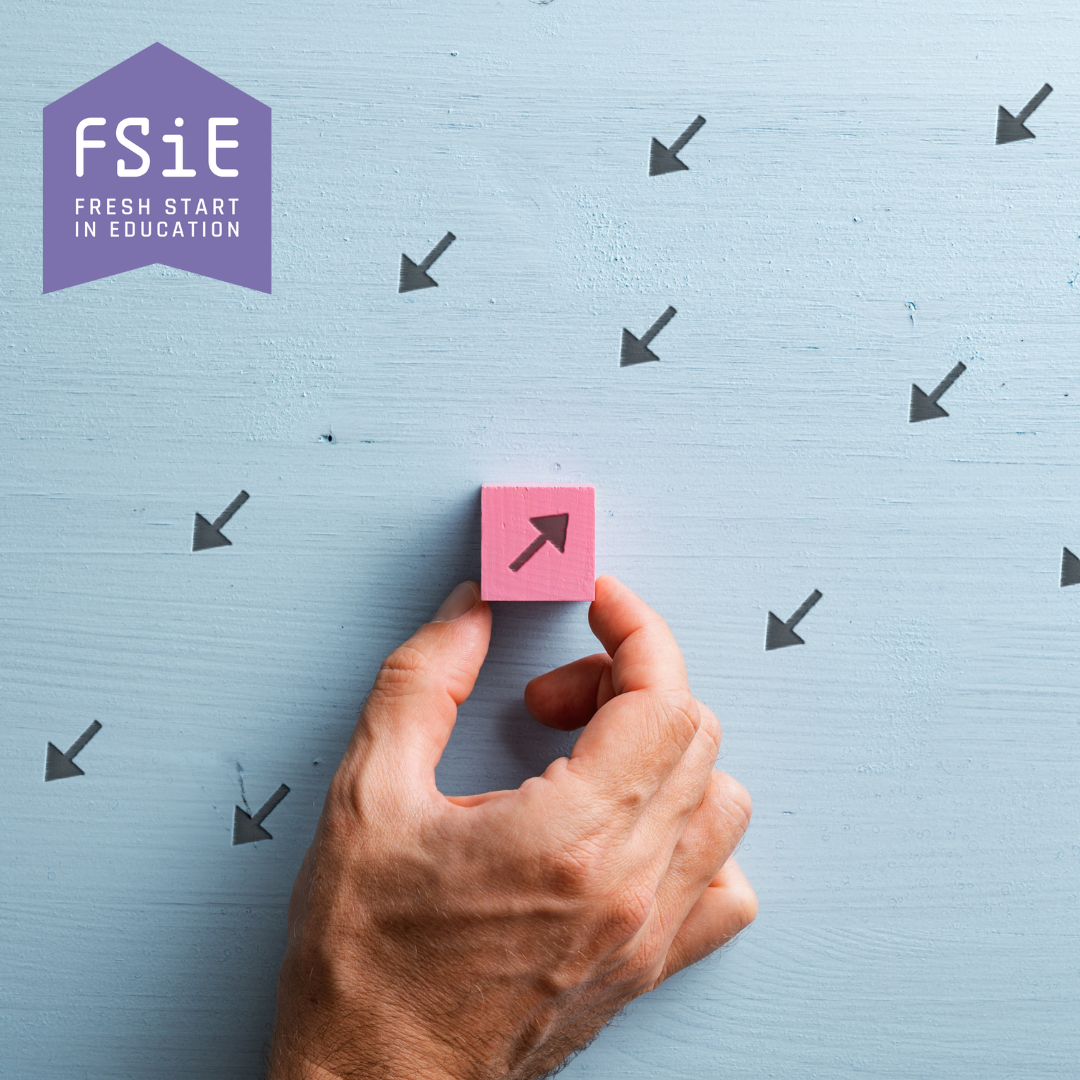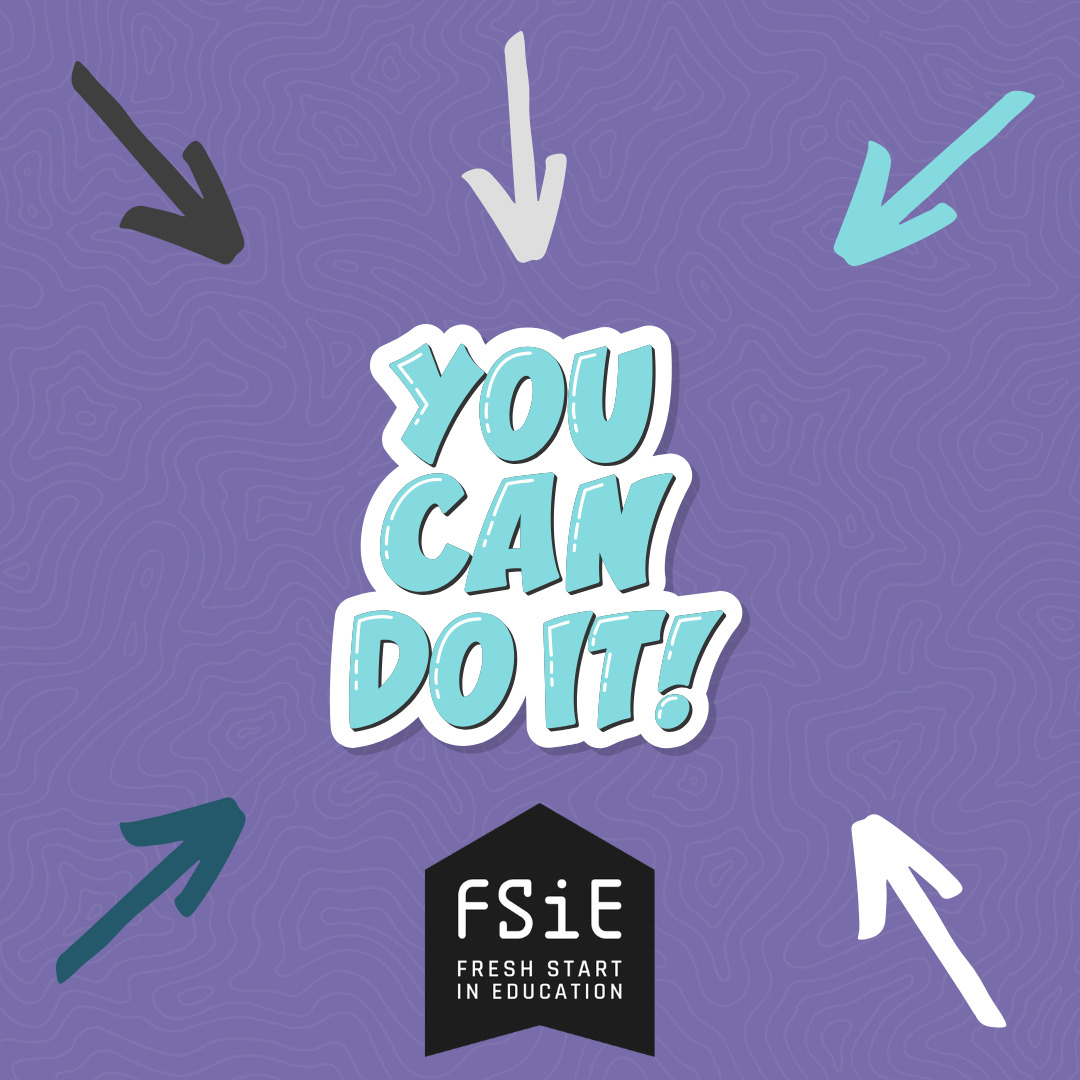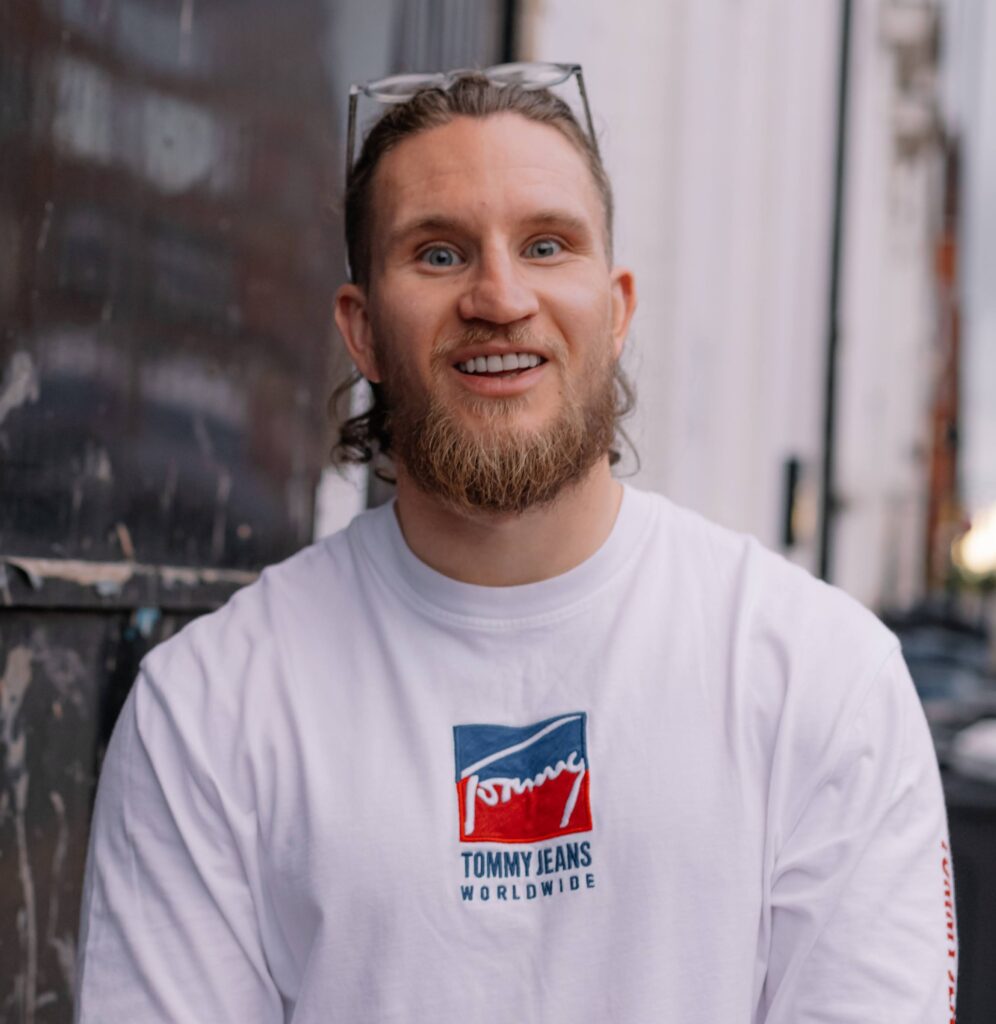I will soon be celebrating 8 years of sobriety, however my journey to this point has been marked by setbacks, grief and adversity. I learned the hard way that the use of drugs does not provide the solutions to human suffering. I’m a former addict and ex-prisoner, someone who knows first-hand the devastating effects of substance abuse on individuals, families, and communities.
Today, I deliver drug prevention and addiction talks to young people because I know how important it is to intervene early. Drug prevention in schools and colleges is not just an ‘nice’ added extra to the curriculum – it is an essential part of shaping a healthier future for the next generations. Behind every drug addict is a child who once had a dream, a community burdened, and a society feeling the wide-reaching effects of its consequences. Prevention is more than raising awareness; it is about empowering young people with the knowledge, skills, and confidence to make better choices and take control of their own futures
Let’s take a deeper look at why these conversations are so critical.
Teenagers are hardwired to seek acceptance. The need to belong – to feel seen, liked, and included – drives so much of their behaviour. Unfortunately, this desire can lead young people down dangerous paths, as it did for me.
I started using drugs in school, not because I craved the high initially, but because I craved escape, and connection. I thought saying ‘Yes’ to drugs would make me feel a part of something and help me feel understood.


In today’s world the pressure to conform isn’t always as obvious as peer pressure. Sometimes, it’s the subtle influence of social media, where kids see partying, drinking, or drug use glamorised. Sometimes, it’s the silent fear of being the odd one out. Prevention talks help young people learn to accept who they are and understand these dynamics. They remind students that saying ‘No’ makes them strong, not weak, and they show them that their future is immensely more important than being popular today.
One thing I’ve learned is that addiction doesn’t start with the substance – it starts with a feeling of not being enough. Of wanting to change who we are.
For me, low self-worth and a lack of identity was the gateway to addiction. I didn’t think I deserved better, so I didn’t fight for better.
Drugs became my way of escaping my reality and manufacturing a different version of myself I preferred. But the escape was temporary, and every high dragged me further from my true self, and deeper into a pit of addiction.

Building self-worth, and autonomy is one of the most powerful ways to prevent the ‘First Day’. Prevention talks give students a chance to reflect on who they are, and who they want to be, helping them to believe that their future is something worth fighting for.
When young people believe in themselves, they’re less likely to look for external validation
or escape in dangerous, superficial places.
When I was growing up, the people I generally looked up to were the wrong kind of “successful.” They drove flashy cars, carried wads of cash, and lived lives that seemed exciting and glamorous. I didn’t realise that most of them were drowning in debt, living in constant fear, and probably never satisfied.
Today, I make it my mission to be the kind of role model I never knew I needed. I stand in front of students and tell them the hard truth – not just about the consequences of drug abuse, but about the myths and lies that surround it. I show them that recovery is possible, that their voice matters, and that there’s more strength in walking away from the crowd than following it.
THE POWER OF PREVENTION - "Recovery is possible, that their voice matters, and that there’s more strength in walking away from the crowd than following it." Share on XRole models matter because they shape what young people believe is possible for their own lives. Prevention talks offer a chance to challenge the toxic narratives they might be exposed to and to replace them with stories of resilience, hope, and empowerment.
The ultimate goal of drug talks for me isn’t fear – it’s empowerment. It’s about helping young people understand that they have the strength to make their own choices, no matter what pressures they face; and that thinking independently is cool.
I don’t stand in front of students and tell them they should feel ashamed of their differences. I tell them they’re human. I tell them it’s okay to feel unsure, scared, or even broken. But I also tell them that those feelings don’t have to define who they are.


I give them tools – ways to build their confidence, strategies to resist pressure, and examples of how to ask for help when they need it. Prevention talks aren’t about scaring kids into submission; they’re about showing them there is power in saying no, strength in seeking support, and freedom from choosing a better path.
When I look back on my life, there’s this weird tension that comes from knowing I made mistakes and also not wanting to live with regret, because I have to admit those mistakes made me who I am today. Someone I’m proud of. But I do wonder how different things might have looked, if I’d had role models to look up to who I trusted and respected.
I can’t change my past, but I can use it to change someone else’s future. Every time I speak to a room full of students, I see the impact of prevention in their eyes. They listen. They ask questions, and often, they stay back after the talk to tell me their own struggles and how I’d inspired them.
This is why prevention matters. It saves lives – not just from addiction, but from the seeds of self-doubt that lead to it.
If you’re a teacher, a parent, or a policymaker, I urge you to prioritise drug prevention in schools. Prevention isn’t a luxury – it’s imperative.
If you want to talk with me about my work, then please do reach out. Together, we can build a future where young people see their worth, believe in their potential, and make choices that lead them closer to the life they want and further from the life they fear.

About the author
James Crystal is a passionate speaker, mentor, and a Fresh Start Advisory Board Member. He is an advocate dedicated to supporting young people at risk of falling into crime and addiction. His journey is one of resilience, transformation, and a commitment to ensuring others do not repeat his mistakes.
Whilst studying Business Management at University James founded Eeverse, a lifestyle brand which focused on positive change, and from that, Be;Live, a non-profit that put on charity events to educate, inspire and empower people around the topic of mental health. After completing his degree he become a Trustee at The Jericho Foundation, and then began actively mentoring young people in Young Offender Institutions as they prepare for release. His work has taken him to government departments, corporate events, universities, schools, and a police forces, where he shares his raw, unfiltered story to inspire change and start constructive conversations.
Through his work in Schools and Colleges, he highlights the stark realities of drug addiction and crime, making these issues relatable and accessible to young people. He doesn’t just share his past—he provides practical strategies for those struggling and seeking a way out.